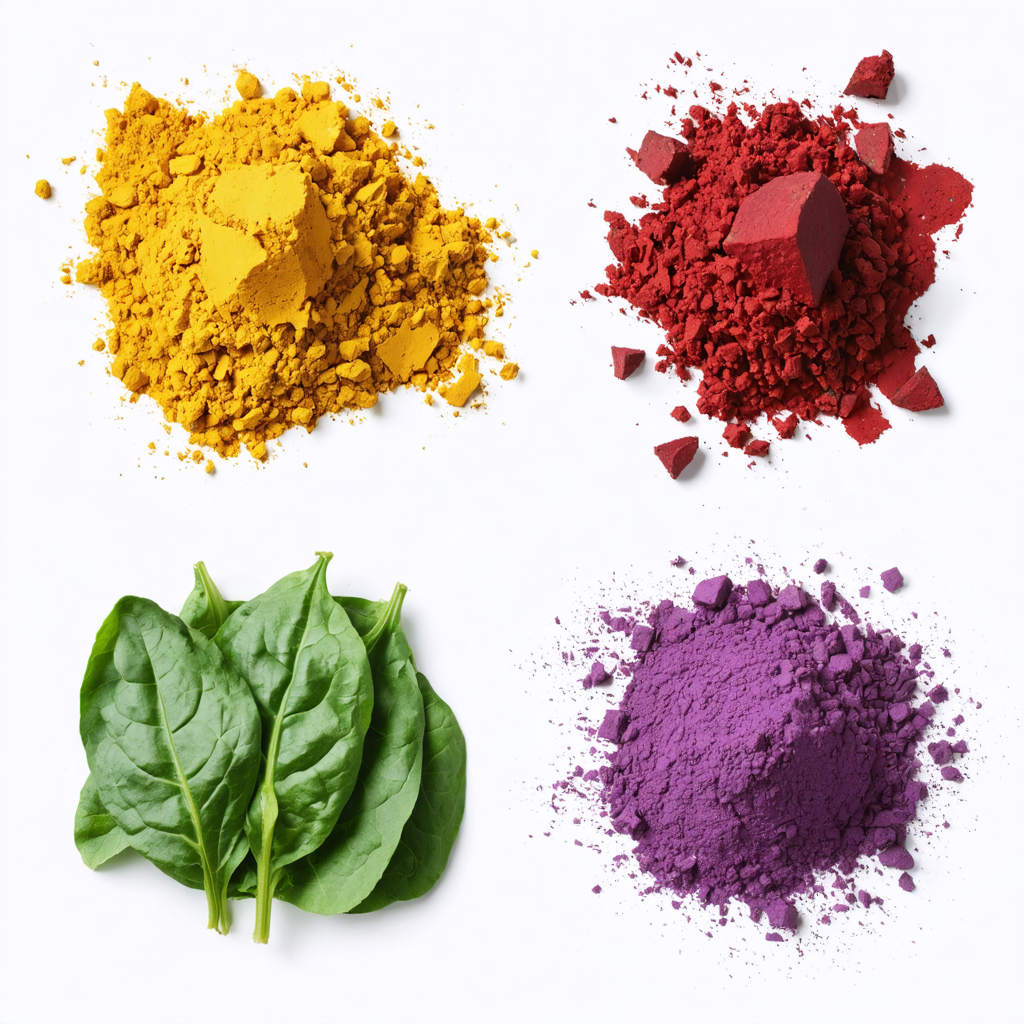Have you seen pictures of dark-colored foods online? Ever wondered what gives them that tinted pigment? Bamboo charcoal is responsible for the dashy, unique looking pigments found in most foods including ice-creams and pizzas.

Activated charcoal is obtained by heating carbon-containing compounds (in this case bamboo) at extremely high temperatures in order to obtain charcoal. The charcoal is then oxidized for it to be “activated”.
Table of Contents
ToggleSome of the uses of bamboo charcoal include:
Activated charcoal has been lurking around for a long time. It has multiple uses as well. The following are some of the uses of activated charcoal:
- First aid medicine in the treatment of drug overdose or poisoning
- A key ingredient in detox supplements
- Used in drugs that help reduce bloating or flatulence
- Widely used in filtration and water treatment systems
- Is a newly adopted ingredient in making burgers, ice-creams, twirls, crackers, and biscuits
Major perks of using bamboo charcoal
1. Bamboo charcoal is a detoxifier
Urea is a byproduct of protein digestion. Activated charcoal binds and filters toxins derived from urea, therefore, easing kidney functions and minimizing complications.
These complications include gastrointestinal damage and inflammation, and chronic kidney diseases.
2. Helps relieve gastric gases and discomfort
According to the European Food Safety Authority (EFSA), activated charcoal is an essential element in reducing gastric gases.
In a recent study, volunteers suffering from gastric gasses were administered 450mg of bamboo charcoal for 2 days before having ultrasounds done.
Examiners were able to see internal organs from more than 95% of the volunteers. This was because gastric gasses obscure the visibility of certain abdominal organs during ultrasounds. Also, more than 34% of volunteers reported having improved symptoms, in just 2 days!
However, the European Food Safety Authority (EFSA) mentions that there’s no particular dosage to reduce gastric gases, but advise at most 2g of charcoal between meals.
3. Used in water treatment systems
Water treatment plants make good use of activated charcoal for their filtration needs. Due to the binding properties found in activated charcoal, the molecules are able to absorb and filter out mold, bacteria, viruses, toxins, and drugs that may have found their way in the water.
4. Bamboo charcoal helps improve oral hygiene
Multiple oral drugs contain activated charcoal. One of the main reasons is because activated charcoal’s strong binding properties enable it to absorb and “hold on” to microbes and toxins – which essentially cause oral health degradation.
5. A key ingredient in making deodorants and gas masks
Most gas masks have activated charcoal installed in air nozzles to help absorb toxic gases and fumes. Since charcoal is harmless to the body, it is also used in most deodorants.
Charcoal strongly absorbs moisture and unpleasant odors at micro-levels, therefore, making it ideal for use under armpits, in refrigerators, shoes, and on skin infections.
In Conclusion
It is important to note that, despite the numerous benefits of consuming natural colors, you’re well-advised to avoid taking activated charcoal with medication.


